Publications
Articles, publications, books, tools and multimedia features from the U.S. Institute of Peace provide the latest news, analysis, research findings, practitioner guides and reports, all related to the conflict zones and issues that are at the center of the Institute’s work to prevent and reduce violent conflict.
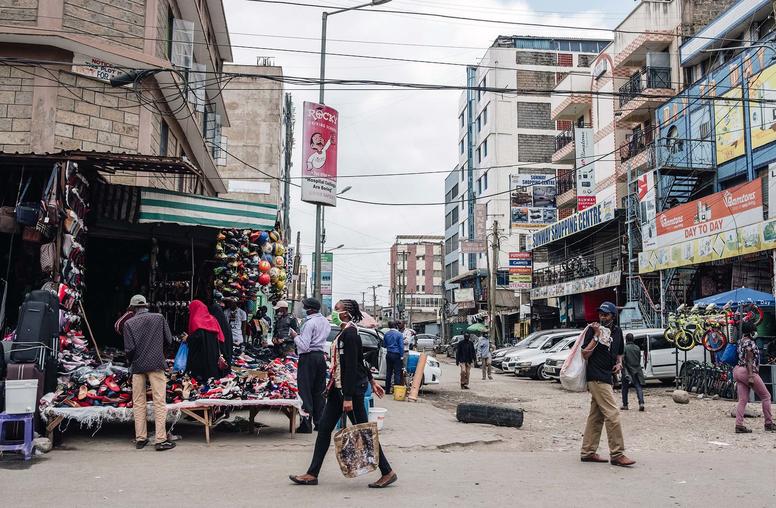
A New U.S. Approach to Help Fragile States Amid COVID-Driven Economic Crisis
The global economy is projected to rebound from the effects of COVID-19 in 2021, but the world’s most fragile states may not share in the upswing. Saddled with economic collapse and soaring debt, developing economies are likely to be left further behind after shrinking about 5 percent last year, according to World Bank estimates. As a result, over 55 million people could be plunged deeper into poverty, fueling social and political grievances and increasing the risks of instability.
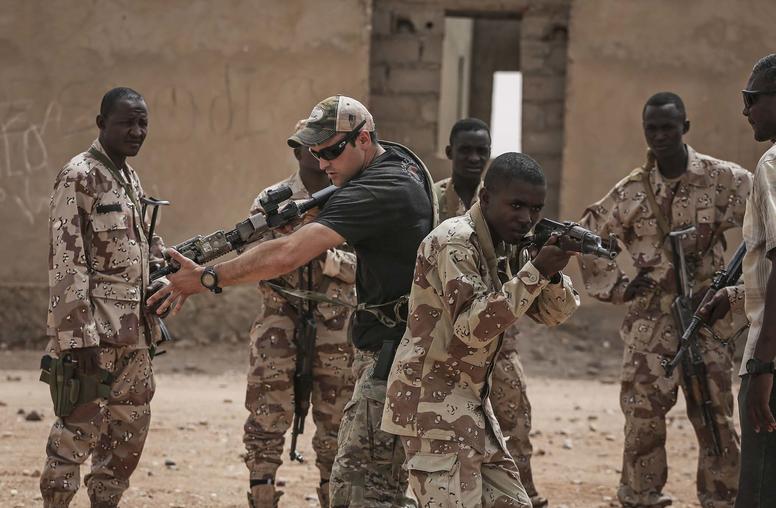
Global Fragility Act: A Chance to Reshape International Security Assistance?
When the new U.S. administration gets to work, domestic priorities will be front and center on the agenda. Preventing state fragility and violent extremism abroad may seem less urgent. But implementing the Global Fragility Act (GFA)—which aims to fulfill those goals—should remain a top priority. Successfully advancing the GFA would directly benefit U.S. national security and help establish a more values-driven foreign policy. To this end, the United States should work with allies to create a global architecture for security sector assistance built on principles of aid effectiveness adapted from development financing. A U.S.-brokered international consensus on security assistance would help stabilize fragile states, prevent violence, and increase the value of dollars spent on the GFA.
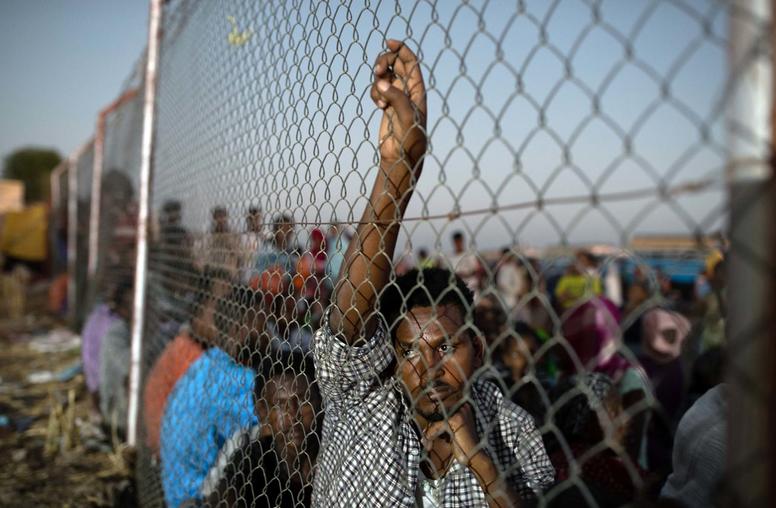
Could a National Dialogue Solve Ethiopia’s Political Crisis?
While the recent conflict in Tigray renewed international focus on Ethiopia, more challenges lie ahead, including elections now scheduled for June 5. The state of Ethiopia’s political transition is contested, and the country remains polarized. However, as Ethiopian scholars Emebet Getachew, Mehari Taddele Maru, and Yohannes Gedamu discuss, a national dialogue process may have the potential to address the country’s dilemmas.
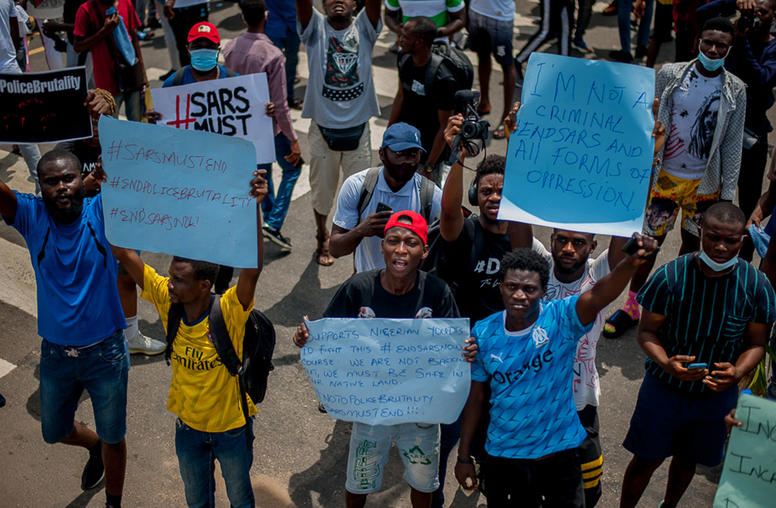
Nigeria's Security Failures: The Link Between EndSARS and Boko Haram
At first glance, the October state-led killings of protesters in Nigeria’s largest city, Lagos, seem to have little in common with the November Boko Haram massacre of at least 43 farmers in Nigeria’s northeast, or the December 11 abduction of hundreds of school students in Katsina State. With vastly different circumstances, motivations, and perpetrators—and separated by hundreds of miles—all three episodes could easily be recorded as just further tragic installments in Nigeria’s long history of violence. However, these incidents underscore the wider failure of the state to provide security for its citizens, only deepening the trust deficit felt by Nigerians.
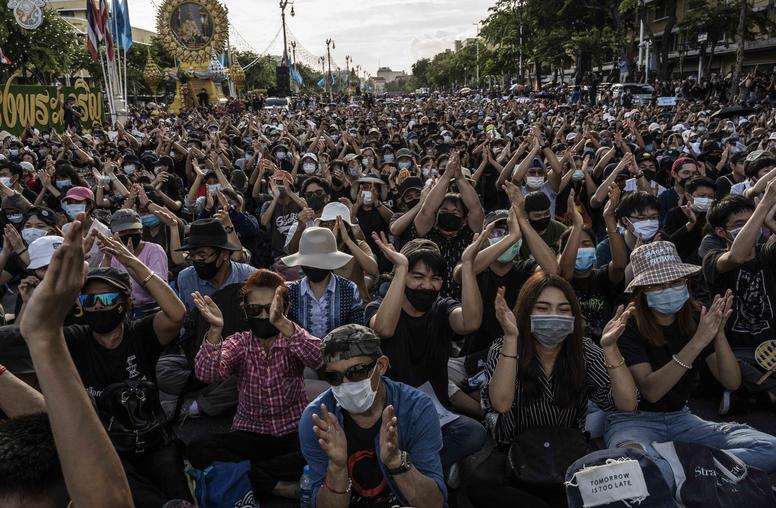
Addressing Fragility in a Global Pandemic: Elements of a Successful U.S. Strategy
The Global Fragility Act (GFA), passed by Congress and signed into law in 2019, requires the State Department, USAID, and other agencies to put in place for the first time a comprehensive strategy to address state fragility, violent conflict, and extremism, relying on best practices that are key to more effective and integrated U.S. policy. This report focuses on six key themes in the legislation, drawing on the expertise of leading peacebuilding and development experts to help generate practical solutions for advancing the GFA.
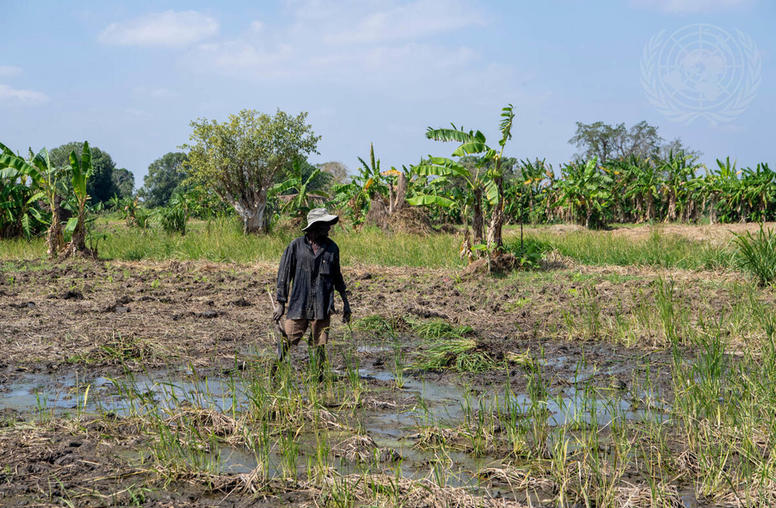
Mozambique’s Crisis Requires a New Playbook to Fight Extremism
Over the past three years, a local Islamist insurgency in the northern Mozambican province of Cabo Delgado has grown in strength and viciousness, developing ties with international terrorist groups and threatening one of the world’s largest natural gas projects. The insurgency is turning Cabo Delgado into a killing field.

Conflict Prevention in the COVID Era: Why the U.S. Cannot Afford to Go it Alone
As the United States and other international actors assess the wreckage reaped by the coronavirus pandemic around the world, estimates are that an unprecedented level of aid will be needed to mitigate its worst impacts in fragile states. Given the ballooning costs of COVID-response efforts, the U.S. will need to deepen its partnerships with other international donors and local actors to bolster accountable and inclusive institutions and prevent conflicts and violence from escalating. Equally important, but less discussed, these international efforts will need to focus on managing a more complex global risk landscape that is emerging from the pandemic.

America can build peace better—if it includes women.
The United States is making a publicly little-noted stride this month to strengthen its response to the violent crises worldwide that have uprooted 80 million people, the most ever recorded. Officials are overhauling America’s method for supporting the “fragile” states whose poor governance breeds most of the world’s violent conflict. Yet the proven new approach—helping these countries meet their people’s needs and thus prevent violence and extremism—will fall short if its implementation fails to include and support women in every step of that effort. Fortunately, an earlier reform to U.S. policy offers practical lessons for doing so.
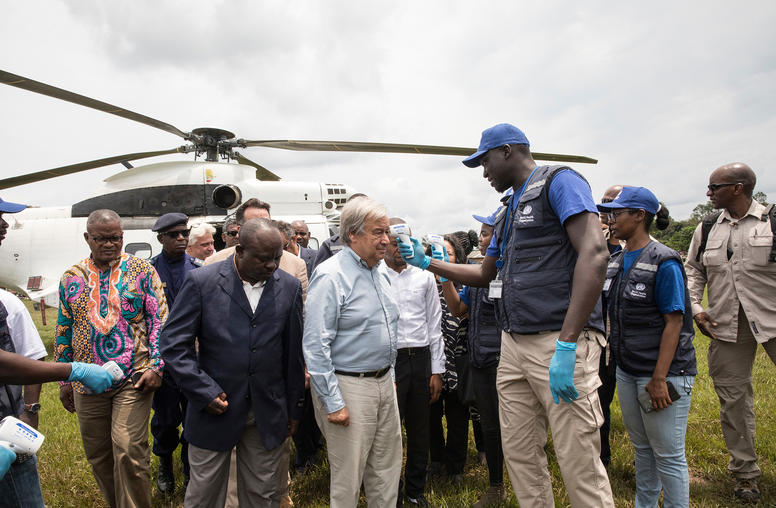
Amid COVID, We Need Enhanced International Coordination to Build Peace
As the humanitarian and economic toll of the COVID-19 pandemic continues to grow, so does the risk that this crisis will fuel new conflicts around the world, while stymying prospects for resolving ongoing ones. The global health crisis is triggering devastating levels of food insecurity and unemployment, especially in the world’s most fragile states, where the social contract between citizens and the state is severed and societies are fragmented and vulnerable to violence. These trends will almost certainly lead to a future spike in instability across these countries, unless concerted international action is taken.
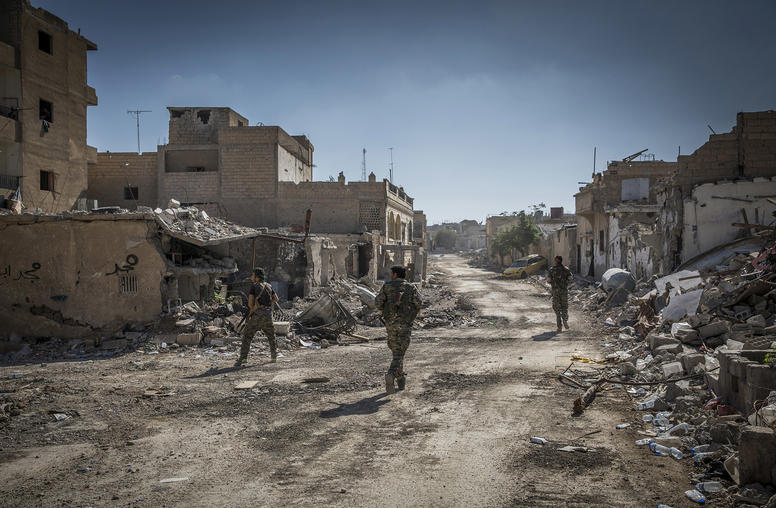
Putting the Global Fragility Act into Action Can Save Money and Lives
The U.S. government (USG) is preparing to unveil a new strategy over the coming months to tackle the underlying causes of fragility and conflict in vulnerable countries around the world. The strategy comes at an important time, just as the United States and other international donors seek to respond to rapidly increasing health, food, and other emergency needs as a result of the coronavirus outbreak. It will be critical that in line with the new strategy, this aid does not inadvertently stoke new tensions.